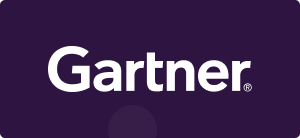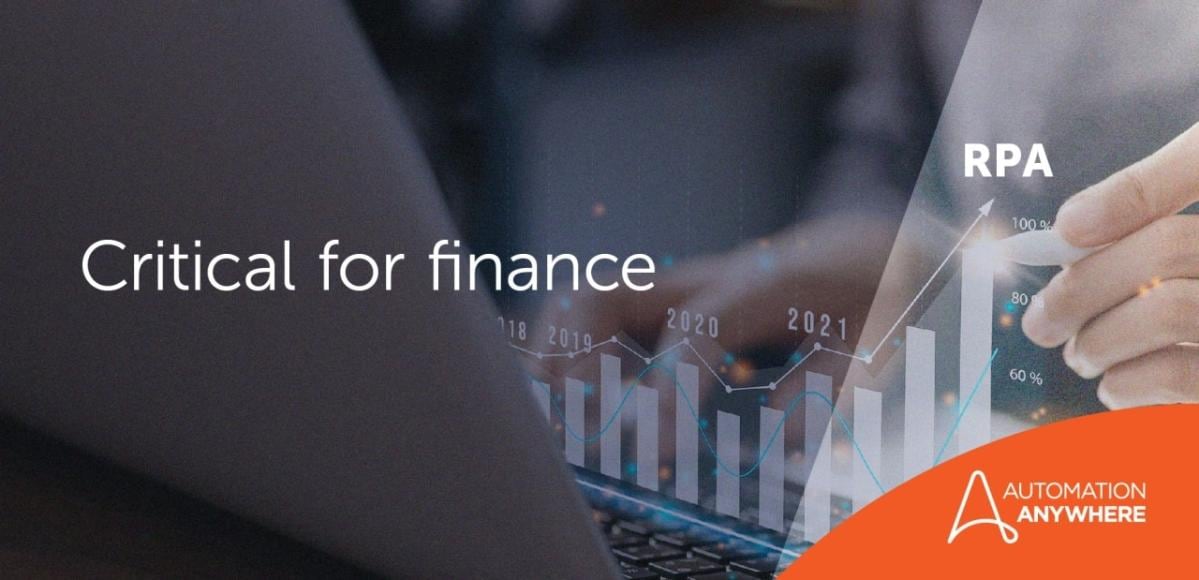- Login
- Search
- Contact Us
-
Have a question? Our team is here to help guide you on your automation journey.
-
Explore support plans designed to match your business requirements.
-
How can we help you?
-
- AI
AI Without the Hype From pilot to full deployment, our experts partner with you to ensure real, repeatable results. Get Started
- Automation Anywhere AI
-
- Solutions
Featured Agentic Solutions
Accounts Payable Invoice automation—No setup. No code. Just results. Accounts Payable
Customer Onboarding Scale KYC/AML workflows. Customer Onboarding
Customer Support Keep queues moving, even at peak load. Customer Support
Healthcare RCM Revenue cycle management that runs itself. Healthcare RCM
- Products
Platform Features
- Agentic process automation (APA)
- Robotic Process Automation (RPA)
- View all Products
-
- Resources
Get Community Edition: Start automating instantly with FREE access to full-featured automation with Cloud Community Edition.
Featured
 Named a 2025 Gartner® Magic Quadrant™ Leader for RPA.Recognized as a Leader for the Seventh Year in a Row Download report Download report
Named a 2025 Gartner® Magic Quadrant™ Leader for RPA.Recognized as a Leader for the Seventh Year in a Row Download report Download report- Become an Expert
- Developer Tools
- Get Support
- View all resources
-
- Partners
Find an Automation Anywhere Partner Explore our global network of trusted partners to support your Automation journey Find a Partner Find a Partner
- Find a Partner
- For Partners
-
Blog
5 Best Areas for Automation in Finance
Share this:
Regardless of the industry, company size, or geography, every organization’s finance processes have a lot in common. Every company is responsible for ensuring the integrity of the financial reports, managing cash flow, and performing other basic finance functions to remain in business.
The primary objectives underlying all finance processes are efficiency, accuracy, timeliness, and regulatory compliance. Reporting errors and/or delays can result in significant scrutiny from regulators and investors.
Robotic Process Automation (RPA) has been driving greater efficiency, accuracy, and compliance in finance departments for several years. Automation reduces the number of manual controls, reporting errors, and operational costs of the finance and accounting function.
Core finance processes
Each of the following five major functions in finance can achieve significant benefits from implementing RPA.
Order-to-cash
The process of invoicing customers and collecting funds from customers is critical to ensuring sufficient cash flow and business liquidity. Accounts receivable is responsible for managing these processes that include setting up new customer accounts, producing accurate invoices based on incoming sales orders, and collecting invoice payments.
This function typically involves a variety of manual, error-prone tasks, which may result in delayed cash inflows and/or lost revenue. RPA is critical to streamlining these activities by retrieving information directly from a variety of sources, reconciling amounts to ensure accuracy, and automating repetitive tasks.
Procure-to-pay
The process of validating and paying vendor invoices for goods received is critical to ensure the validity of procured items, the accuracy of billed amounts, and timeliness of payments to avoid late fees and interest charges. The accounts payable department typically dedicates significant resources to manually setting up new vendor accounts, entering information from invoices, matching billed amounts to purchase orders, and authorizing payments. RPA can automate accounts payable tasks such as updating vendor records, extracting invoice information, and validating amounts to improve the efficiency of this process and avoid overpayments.
Financial operations
Managing the monthly general ledger close process and generating timely, accurate financial reports is a key responsibility of the finance department. While many processes are automated via finance enterprise resource planning (ERP) systems, there are still many repetitive, error-prone activities requiring human intervention such as performing manual reconciliations, journal entries, and external reporting. RPA can improve operational efficiency, timeliness, and accuracy by automating these manual steps.
Financial planning and analysis (FP&A)
Budgeting, forecasting, and management reporting are critical functions enabling an organization to make sound business decisions based on timely and accurate financial information. The FP&A department typically dedicates a disproportionate amount of time on sourcing, aggregating, and formatting data instead of on financial analysis and strategic planning. RPA automates these manual data-related activities, enabling finance professionals to shift their focus to more value-added work.
Treasury operations
Cash management is a crucial treasury function to ensure businesses have the requisite amount of cash on hand to continue operations. In particular, cash reconciliation and reporting processes are critical to understanding the current cash position at any point in time by reconciling consolidated bank account balances against cash reported on the balance sheet. RPA automates these manual consolidation and reconciliation tasks to improve the accuracy and timeliness of cash position reporting and forecasting as well as to make better use of limited financial resources.
Critical for finance
These five core finance functions are essential to keep organizations in the business. All of them involve repetitive daily procedures that are primed for automation. RPA solutions can greatly enhance the functions, making them more efficient, accurate, and regulatory compliant.
Boost your finance capabilities with RPA.
About Ken Mertzel

Ken Mertzel is the Global Industry Leader for Financial Services and has extensive industry experience in translating financial data into strategic information to improve business performance.
Subscribe via Email View All Posts LinkedInGet to know the Agentic Process Automation System.

For Students & Developers
Start automating instantly with FREE access to full-featured automation with Cloud Community Edition.



